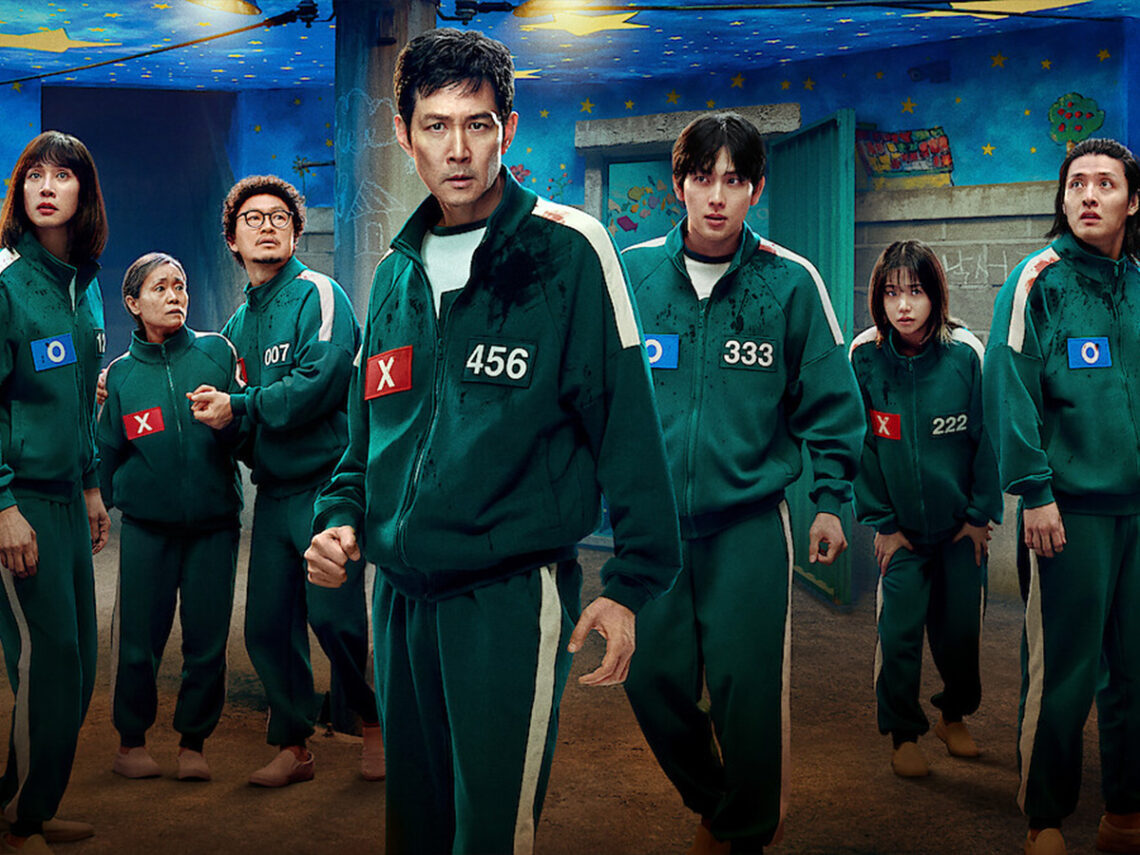
Why Korean dramas continue to rule Netflix
Netflix, over the years, has become a catalogue for content from all over the world. With film and TV industries from all over the world, you can experience any culture with just a click from the comfort of your home. But one industry in all has seen a sudden boom over the past few years, and it is the Korean drama industry. When a new Korean drama drops on Netflix, the ripple is immediate.
Twitter explodes, TikTok edits flood your feed, and suddenly, you are being told to clear your weekend. This is not a passing trend. It is a pattern. Korean dramas are not just thriving on Netflix; they are shaping the way we stream.
The reason for this goes far beyond romantic leads and dramatic music cues. Korean storytelling is emotionally intelligent. It does not rush to shock you. It lets things unfold slowly, makes you sit with a feeling, then twists it just when you have settled in. In The Glory, the revenge was brutal, but the pain was deeper. It showed how long trauma lingers. In Crash Landing on You, the romance was slow, awkward, and entirely believable, and when the characters fell in love, you did too. These shows do not just entertain. They make you feel seen.
There is also a respect for silence. Many Western shows rely on constant dialogue or background noise. K-dramas are not afraid of stillness. They will hold a moment of someone staring out of a train window, a character choosing not to speak, and that quiet hits harder than any monologue. It is emotional storytelling done with restraint. That confidence is rare. They let the story sizzle just like their slow-cooked, flavourful beef.
And then, of course, there is the pacing. Most Korean dramas are one-season stories. You get 16 episodes, sometimes 20. You get a clear arc, a proper ending, and closure. In an era where shows get cancelled mid-story or stretched thin across seasons, K-dramas offer a sense of completion. You start something knowing it will end. That alone feels like a gift in the world of shows stretching up to 6 seasons for no reason.
But what really sets them apart is how genre-fluid they are. A show like It’s Okay to Not Be Okay can be a romance, a psychological drama, and a fairy tale all at once. Kingdom is a period drama, a zombie horror, and a political thriller. Korean writers blend genres in a way that feels natural, not forced. You never quite know what to expect, but it always makes sense by the end.
Netflix knows this. It has been steadily increasing its investment in Korean content since Kingdom first made global noise. And then came Squid Game, which did not just break records; it reset the game. Since then, we have seen a wave of high-budget originals: The Glory, Black Knight, Queenmaker, and Daily Dose of Sunshine. These are not side projects. They are centrepieces. They get global launches, heavy promotion, and huge viewing hours.
Another reason Korean dramas travel well is the emotional clarity. You do not need to understand Korean culture to understand heartbreak, or jealousy, or the weight of unspoken love. The acting does a lot of the work. So does the cinematography. Close-ups linger just long enough. A single tear holds more meaning than a five-minute speech. It is clean, expressive, and universally understandable.
But it is also worth saying that the fan culture helps keep these shows alive. K-drama audiences are loyal. They rewatch. They post theories. They edit scenes. They push others to join in. And because Netflix is a binge platform, that energy does not spread slowly. It hits all at once. The show trends. People talk. And another drama quietly climbs to the charts.
Korean dramas rule Netflix, not just because they are good. They are consistent, emotionally rich, beautifully made, and endlessly rewatchable. They do not shout for your attention. They earn it. And once they have it, they rarely let go.